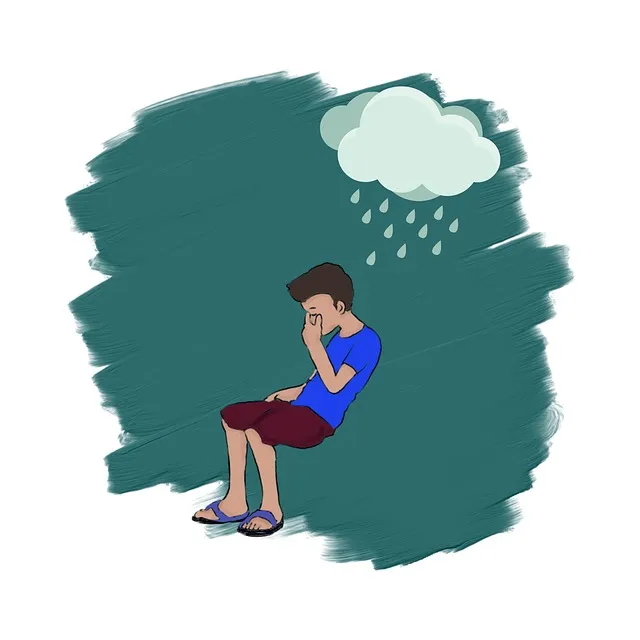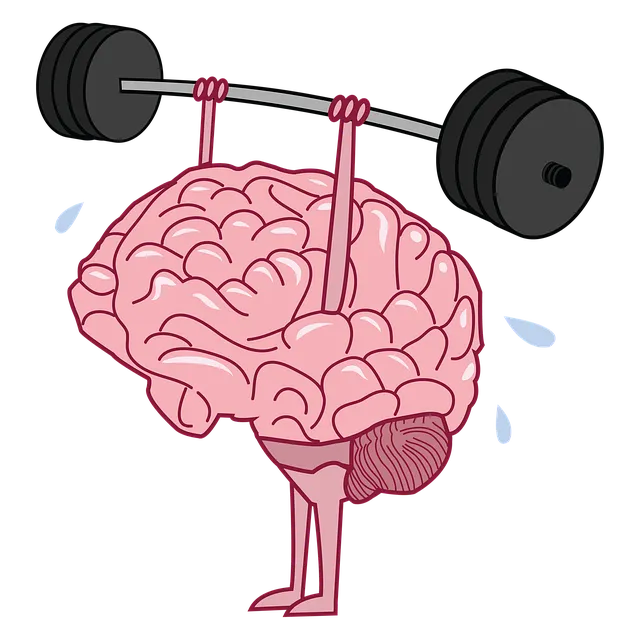Marketing strategies for mental wellness apps in urban areas like Lafayette must consider local resources, such as the Kaiser Permanente mental health center and its visiting hours. By segmenting demographics and their needs (e.g., busy professionals), marketers can emphasize app features tailored to specific groups. Integrating Location-Based Services (LBS) improves user experience, aligning with conflict resolution techniques. Content marketing, including expert insights from Lafayette Kaiser Permanente, drives engagement and fosters a supportive community. Measuring success involves assessing user engagement, retention, and the app's impact on mental health outcomes, guiding strategic adjustments over time.
Mental wellness apps are transforming lives, and a robust marketing strategy is key to their success. This guide navigates the essential components for promoting these apps, focusing on understanding diverse user needs, leveraging location-based services as seen in the Lafayette Kaiser Permanente case study, and engaging through content marketing. We’ll explore effective strategies to attract users seeking mental health support, including optimizing visibility with SEO tactics, such as integrating “Lafayette Kaiser Permanente mental health center visiting hours” naturally into content. By implementing these insights, developers can enhance user engagement and promote wellbeing on a larger scale.
- Understanding Target Audience for Mental Wellness Apps
- Integrating Location-Based Services: Lafayette Kaiser Permanente Case Study
- Content Marketing Strategies to Engage Users and Promote Wellbeing
- Measuring Success: Evaluating the Impact of Your App Marketing Campaign
Understanding Target Audience for Mental Wellness Apps

Understanding your target audience is a cornerstone when developing marketing strategies for mental wellness apps. It’s not just about reaching anyone struggling with their mental health; it’s about identifying and connecting with specific demographics that may benefit most from digital therapeutic solutions. For instance, consider the unique needs of individuals in urban areas like Lafayette, where the Kaiser Permanente mental health center offers visiting hours for personalized care. Marketing efforts can be tailored to appeal to busy professionals who might seek apps that provide quick, accessible tools for managing stress and anxiety during their hectic city lives.
By segmenting your audience, you can emphasize how these apps facilitate Depression Prevention, Resilience Building, and Stress Reduction Methods. For the Lafayette market, this could involve promoting apps with features like mindfulness exercises tailored to busy schedules or community forums where users share experiences and support each other—all while keeping in mind the visiting hours and resources available at local mental health centers like Kaiser Permanente.
Integrating Location-Based Services: Lafayette Kaiser Permanente Case Study

Integrating Location-Based Services (LBS) can significantly enhance the marketing strategy for mental wellness apps, particularly when highlighting a center’s accessibility and unique offerings. The Lafayette Kaiser Permanente mental health center, for instance, has leveraged LBS to provide visitors with real-time updates on visiting hours and services offered, ensuring a seamless experience from the moment they arrive. By integrating this technology, the center not only improves convenience but also promotes self-care practices and resilience building among its patrons.
This approach aligns with conflict resolution techniques that many mental health apps employ, as it helps to reduce anxiety related to navigating unfamiliar environments. With LBS, users can easily plan their visits, understand the layout of the facility, and even discover additional resources or support groups available on-site, fostering a more inclusive and supportive ecosystem for mental wellness.
Content Marketing Strategies to Engage Users and Promote Wellbeing

In the competitive landscape of mental wellness apps, content marketing strategies play a pivotal role in engaging users and promoting holistic well-being. By leveraging high-quality, informative, and relatable content, app developers can captivate audiences and establish themselves as trusted sources for stress reduction methods and coping skills development. Incorporating user testimonials, expert insights from Lafayette Kaiser Permanente mental health center visiting hours, and practical tips on mental wellness can foster a sense of community and encourage active participation.
Regular blog posts, videos, and infographics that focus on various aspects of mental health, such as mindfulness techniques, sleep hygiene, and emotional intelligence, can drive organic traffic and enhance user engagement. Integrating these content pieces with social media campaigns and email newsletters ensures consistent exposure to a diverse audience. Moreover, by sharing success stories and highlighting the positive impact of the app, users are more likely to become advocates, spreading awareness about effective mental wellness tools and fostering a culture of care and support.
Measuring Success: Evaluating the Impact of Your App Marketing Campaign

Measuring the success of your app marketing campaign is a crucial step in understanding its impact and identifying areas for improvement. It’s not just about downloading the app, but also gauging user engagement and the overall effect on mental health-related outcomes. By tracking key metrics such as daily active users, retention rates, and user feedback, you can evaluate how well your app is fulfilling its purpose. For instance, a Lafayette Kaiser Permanente mental health center visiting hours search might indicate successful marketing if it leads to increased user visits and positive reviews, suggesting enhanced Mental Health Awareness and the application of Mind Over Matter Principles.
Additionally, analyzing sentiment analysis from user comments and reviews can provide valuable insights into Emotional Intelligence features within your app. By regularly assessing these factors, you can fine-tune your marketing strategy to better serve users, ensuring that your app remains effective in promoting mental wellness over time.
Developing a comprehensive marketing strategy for mental wellness apps involves understanding your target audience, leveraging innovative tools like location-based services, and crafting engaging content. As seen in the Lafayette Kaiser Permanente case study, integrating real-world benefits, such as visiting hours at their mental health center, into app promotions can significantly enhance user engagement and appeal. By measuring the success of these campaigns, developers can refine their approaches to ensure positive impacts on user wellbeing and overall mental health outcomes.






